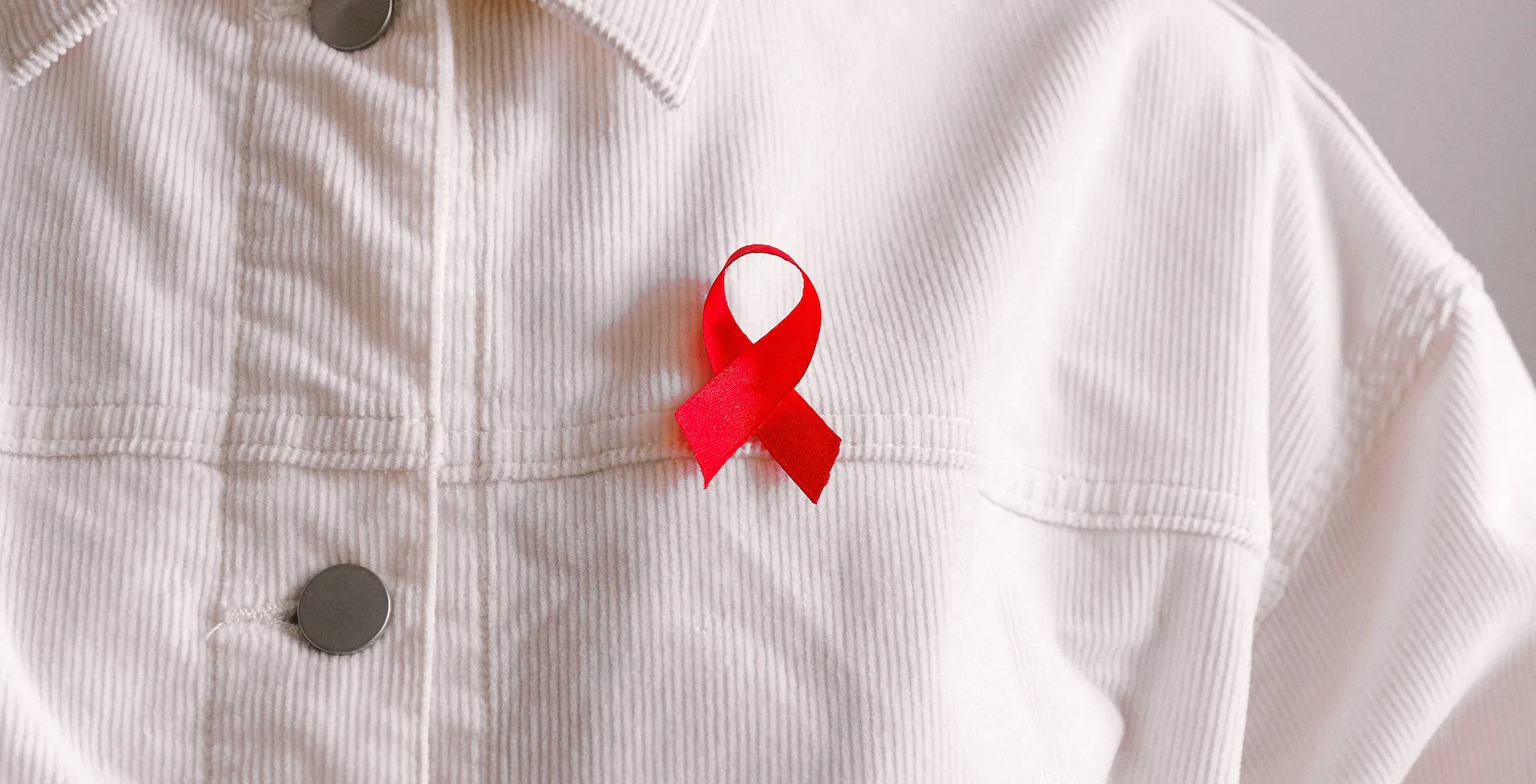Commercial sex is illegal in Ghana and Commercial Sex Workers (CSWs) face high discriminations which increase their vulnerability to HIV infection and transmission to their sex partners. W3’S specific role includes providing HIV prevention education to CSWs people and people at a high risk of acquiring or transmitting HIV. We provide specialized HIV prevention education to CSWs, connecting HIV positive individuals to treatment centers, linking newly diagnosed individuals to care services, including counseling and confidential appointments to the chain of service providers, as well as helping with access to proper nutrition education.
Additionally, we take a rights-based approach by advancing representation of Commercial Sex Workers at SRHR stake holder engagements and policy fronts such as the International AIDS Conference as an effective remedy to promote inclusion and reduce new infections in the global fight against HIV/AIDS. Sex workers are 13 times more at risk of HIV compared with the general population, due to an increased likelihood of being economically vulnerable, unable to negotiate consistent condom use, and experiencing violence, criminalization and marginalization.
Additionally, W3 delivers essential health and hygiene information to girls in rural Ghana. The majority of school going girls in these rural communities have received extremely limited (if any) reproductive health information, and have an extremely limited understanding of their menstrual cycle and contributing to the persistence of taboos born out of lack of health education. We work to demystify menstrual myth by boosting girls’ confidence within their bodies, ensuring that no girl feels embarrassed to attend school during menstruation ensuring, school staff and community members are able to positively support their students and daughters during puberty and menstruation.

